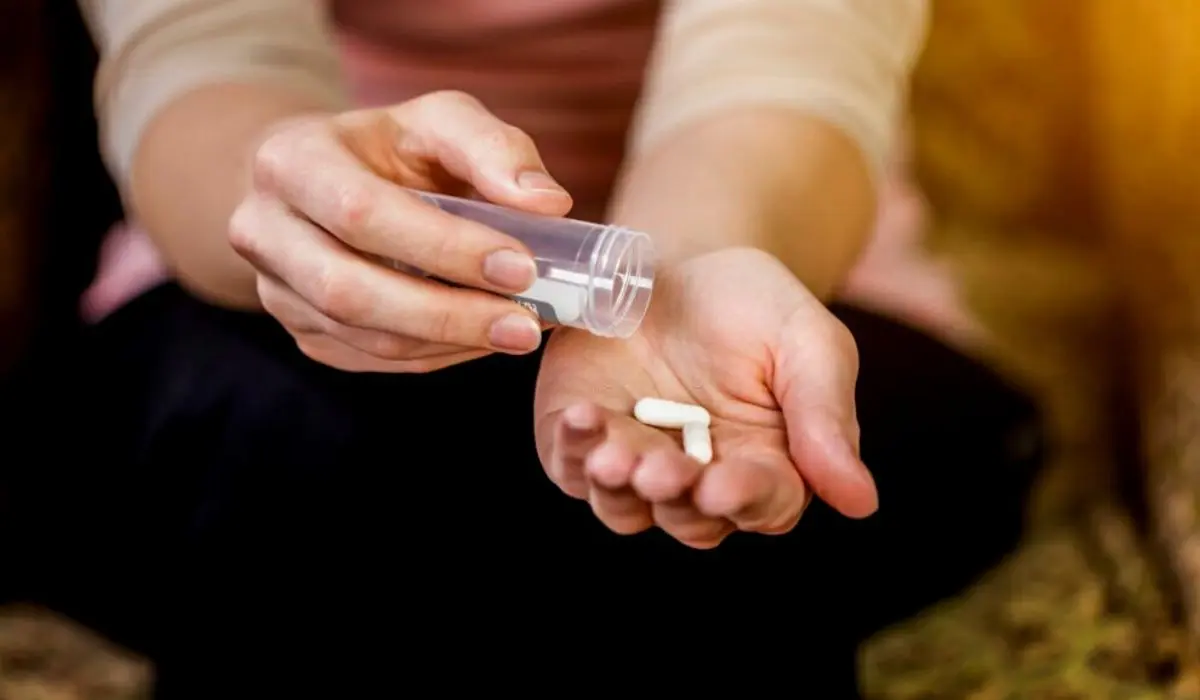Since Antibiotics were discovered, it has revolutionized the field of medicine. They are an effective institution to fight against bacterial infection, from minor cases to life-threatening situations. However, there has been debate for a long time about the potential impact of antibiotics on the human immune system.
In this quest, some claim that antibiotics can reduce immunity, while others argue that the relationship between them is more complex. This article breaks all the myths surrounding the topic and separates the facts from the myth.
Understanding The Working Of Antibiotics
Before uncovering the reality of whether antibiotics reduce immunity, it is crucial to understand how it works. This powerful medication is designed to target and eliminate bacteria that cause infection. They have a broad-spectrum that works effectively in a wide range of bacteria and a narrow-spectrum that targets specific bacteria.
In both cases, antibiotics disrupt various aspects of bacterial function, such as inhibiting their ability to replicate or damaging the cell wall. So, this is the only function that antibiotics are designed for, which doesn’t give any proof of whether it impacts the human immune system.
The Impact Of Antibiotics On The Immunity Of Humans
Antibiotics And Microbiome
One of the most significant concerns about the impact of antibiotics on immunity is the effect on the human microbiome. They are the diverse community of microorganisms, including bacteria, viruses, and fungi, that live in the body. These microbiomes play a crucial role in maintaining overall health while regulating the immune system and aiding in digestion.
Antibiotics are designed to kill bacteria, and this can lead to an imbalance in the microbiome. These medications don’t only target harmful bacteria but also harm the beneficial ones. This is how it can disrupt the balance in the microbiome and increase sustainability to infection.

Antibiotics And The Immune Response
Though antibiotics can affect the balance of the microbiome, they do not directly affect the overall functionality of the immune system. The overuse or misuse of antibiotics may lead to specific issues like an increment in antibiotic-resistant bacteria. This could make it more challenging to treat infections in the future and require more powerful antibiotics for treatment, which can have a significant impact on human immunity.
When antibiotics are used unnecessarily for viral infection, they do not provide any benefits. In fact, they can weaken the immune system of humans while reducing the ability to combat against infarction naturally. This can also potentially lead to overreliance on antibiotics ‘and undeveloped immune responses.
Relationship Between Antibiotics And Allergies
Some studies have also found a potential link between early use and increased risk of allergies later in life. This connection is not entirely understood, but it is believed to be related to the alternation of microbiome during early childhood.
This alternation in microbiomes can play a crucial role in immune system development. While this doesn’t necessarily reduce overall immunity, it highlights the need for responsible antibiotic use, especially in children.
Immune System Recovery
Following a course of antibiotics, the gut microbiomes can take some time to recover and re-establish a healthy balance. Probiotics, which are beneficial for bacteria, can be used to help restore balance and support the immune system of humans. Additionally, indulging in a diet rich in fiber and other nutrients can promote the growth of beneficial gut bacteria and aid in the immune recovery system.
So, it is essential to take the right dose of medicine while maintaining the immune system. Consult to the health care professionals and understand the complications for the correct use.
Read More:- How Does Infusion Therapy Work?
Conclusion
Antibiotics have been lifesaving interventions for many bacterial infections. They are the critical components of modern medicine and should not be vilified. So, it should be used judiciously and responsibly and ensure they are prescribed by expert healthcare professionals when necessary.
However, it is also important to be aware of the potential impact on the microbiome, which indirectly influences the immune system. Have a holistic approach to maintaining a strong immune system while following a balanced diet, physical activities, and getting proper sleep. Implementing these steps in your lifestyle will help to complement responsible antibiotic use to promote overall health and well-being.